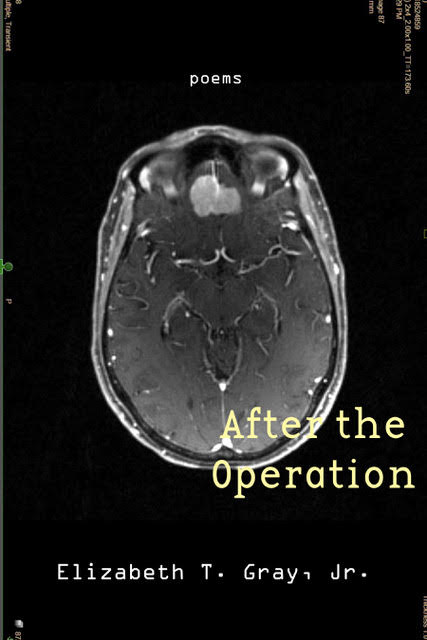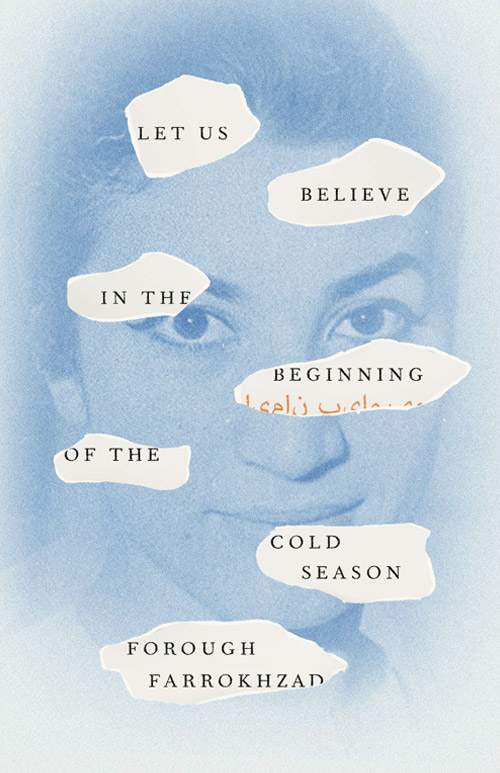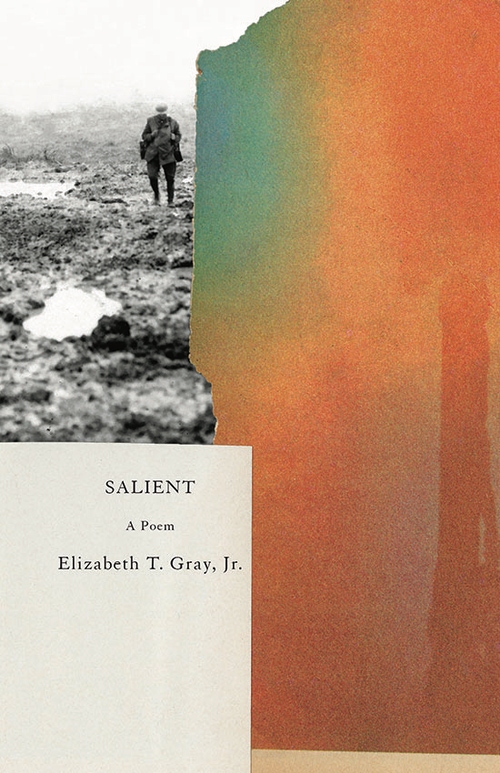Elizabeth T. Gray, Jr. is a poet, essayist, and translator of classical and contemporary Persian literature. She is also an expert in complex negotiation, and in the formation and management of strategic relationships and other forms of inter- and intra-organizational decision-making.

Conversation with Hadi Mohamed Al-Lawati, February 2024.
A conversation about Hafiz, the Divine, poetry, and the quest—mine and others—for illumination in all its forms.
Recent Work
After the Operation New York, Four Way Books, March 2025
Elizabeth T. Gray Jr.’s After the Operation reports from the No Man’s Land she wandered following eight hours of surgery to remove a brain tumor. What does the mind feel like after something has been taken out of your skull? “An uninhabited coast,” or “all shatter and thoroughfare”? These spare poems interweave medical documents, journal entries, and memories, assembling a polyvocal chorus to document the surgery itself and the recuperation process.
The Green Sea of Heaven: Eighty Ghazals from the Diwan of Hafiz, 30th Anniversary Edition, Monkfish Publishing
In 1995 The Green Sea of Heaven: Fifty Ghazals from the Diwan of Hafiz, Ms. Gray’s translations of Hafiz, was published by White Cloud Press. In the years since the translations have been favorably reviewed in both academic and literary circles. Working in collaboration with Iraj Anvar, a scholar and translator of Persian classical poetry, this 30th Anniversary edition includes an additional thirty ghazals not included in the original edition, and offers the Persian text en face for each ghazal. It includes updated and revised introductory material and notes, as well as the full text of Daryush Shayegan’s essay “The Visionary Topography of Hafiz.”
Let Us Believe in the Beginning of the Cold Season: Selected Poems of Forough Farrokhzad available from New Directions
In the years since her tragic death in a car accident at age thirty-two in 1967, Forough Farrokhzad has become a poet as iconic and influential as Lorca or Akhmatova, celebrated as a pioneer of modernist Iranian literature and as a leading figure of contemporary world literature. Farrokhzad, as translator Elizabeth Gray writes in the preface, “remains a beacon to artists, especially women and marginalized artists, who seek freedom in all its forms.”
Salient available now from
New Directions
In the foreword to her book-length poem Salient, Elizabeth Gray writes, “This work began by juxtaposing two obsessions of mine that took root in the late 1960s: the Battle of Passchendaele, fought by the British Army in Flanders in late 1917, and the chöd ritual, the core ‘severance’ practice of a lineage founded by Machik Lapdrön, the great twelfth-century female Tibetan Buddhist saint.”




